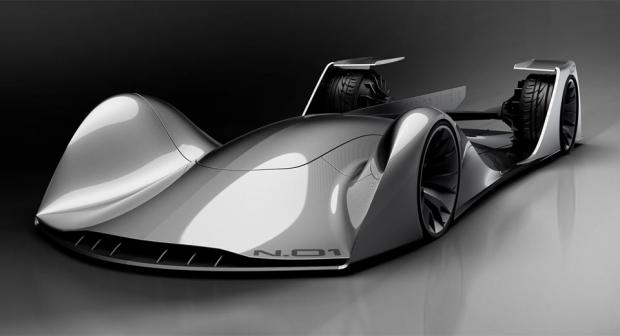
Breaking News
 The Epstein Files: A Peek Behind the Dark Curtain, Pt. 1
The Epstein Files: A Peek Behind the Dark Curtain, Pt. 1
 Make Your Own Herbal Tea Blends and Save $$$
Make Your Own Herbal Tea Blends and Save $$$
 Prince Andrews Arrested, Trump Releasing Alien Files, Supreme Court Tariff Decision...
Prince Andrews Arrested, Trump Releasing Alien Files, Supreme Court Tariff Decision...
Top Tech News
 New Spray-on Powder Instantly Seals Life-Threatening Wounds in Battle or During Disasters
New Spray-on Powder Instantly Seals Life-Threatening Wounds in Battle or During Disasters
 AI-enhanced stethoscope excels at listening to our hearts
AI-enhanced stethoscope excels at listening to our hearts
 Flame-treated sunscreen keeps the zinc but cuts the smeary white look
Flame-treated sunscreen keeps the zinc but cuts the smeary white look
 Display hub adds three more screens powered through single USB port
Display hub adds three more screens powered through single USB port
 We Finally Know How Fast The Tesla Semi Will Charge: Very, Very Fast
We Finally Know How Fast The Tesla Semi Will Charge: Very, Very Fast
 Drone-launching underwater drone hitches a ride on ship and sub hulls
Drone-launching underwater drone hitches a ride on ship and sub hulls
 Humanoid Robots Get "Brains" As Dual-Use Fears Mount
Humanoid Robots Get "Brains" As Dual-Use Fears Mount
 SpaceX Authorized to Increase High Speed Internet Download Speeds 5X Through 2026
SpaceX Authorized to Increase High Speed Internet Download Speeds 5X Through 2026
 Space AI is the Key to the Technological Singularity
Space AI is the Key to the Technological Singularity
 Velocitor X-1 eVTOL could be beating the traffic in just a year
Velocitor X-1 eVTOL could be beating the traffic in just a year
Autonomous Race Cars

University teams and companies worldwide are set to compete in the physical Indy Autonomous Challenge (IAC) race in October 2021. The difference in this race is that there's no driver, instead a highly specialized AI computer will navigate the race car around the track.
Each of the teams competing in the race will receive the same Dallara-produced AV-21 race car that has been retrofitted with radar, cameras, ultrasonic and infrared sensors, along with LiDAR. Dallara has produced race cars for the Indy series for the last two decades.
IAC showed off one of the autonomous race cars that are capable of high speeds.
IAC was organized by IMS and Energy Systems Network (ESN), an Indianapolis-based nonprofit. The race seeks to advance the safety and speed of autonomous vehicles.
The winning team will receive $1.5 million. The speedway is the ideal track to showcase autonomous racing for millions of Americans.
"It could wake up the average motorsports fan and the average citizen," Mitchell said during his remarks at the block party. "They'll say, 'Gee, if these cars can go 180 or 200 miles-per-hour without a driver, then maybe [an autonomous] car on the highway is something I can feel comfortable with and safe using."

 Free Grocery Stores in NYC?
Free Grocery Stores in NYC? 

